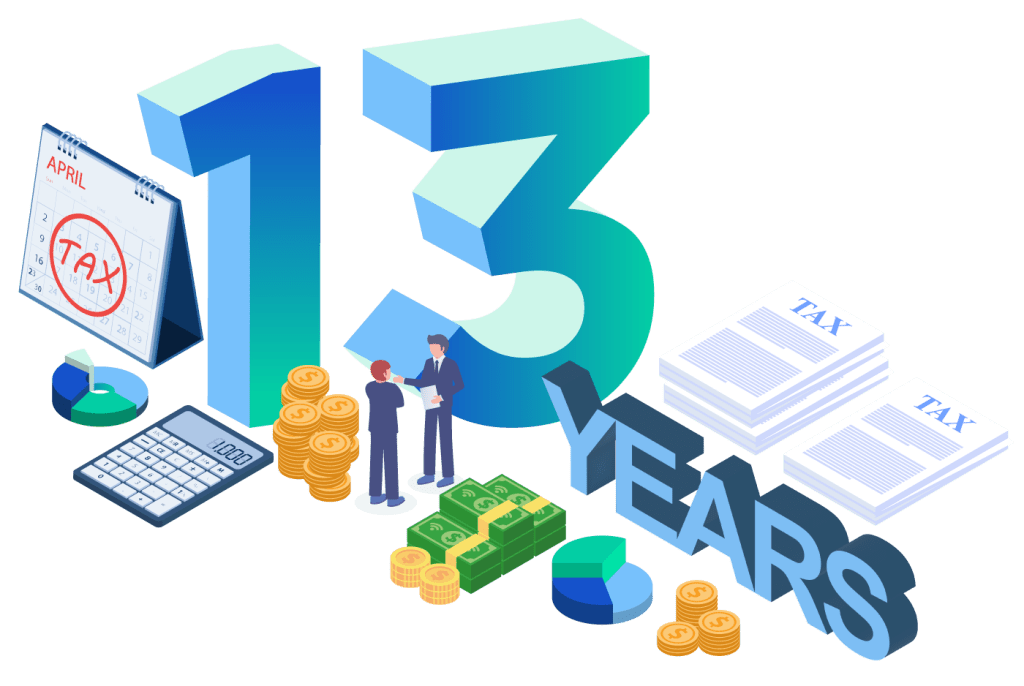Welcome to Ideal Tax
We are Tax Relief Made Easy


Tax Debt Attorney Sevices
Tax debt reduction programs such as the IRS Fresh Start Program provide real relief but can be very complex to navigate. We can help you solve your IRS-related issues by leveraging the law in your favor and potentially can save you thousands of dollars.
We Have Many Inroads with the IRS to Help You Out of Tax Problems

BBB Accredited Business

Business Consumer Alliance

Money Crashers

Best Company

Our Company
Our Team
Tax Consultants
A Tax Consultant or Tax Advisor is a financial expert specially trained in tax law. Tax Consultants are specially trained and experienced with tax law and complicated financial matters. Their skill with tax issues allows them to properly investigate and resolve complicated tax issues.
Our Tax Consultants have helped hundreds of taxpayers through consultation and investigation into complex tax problems. Let our experienced tax professionals help you evaluate your tax debt problem and structure the proper path to resolution.
Enrolled Agents or EA's
An Enrolled Agent is a person who has earned the right to represent taxpayers before the IRS. They can only earn the privilege of being deemed an Enrolled Agent by either previously working for the IRS in a tax representative capacity, or by passing a comprehensive IRS test covering individual and business tax returns.
Agents must maintain their status by adhering to ethical standards and completing continuing education every three years. This ensures they maintain a high level of knowledge and continue to maintain their elite status in the representation of taxpayers. Our Enrolled Agents have helped hundreds of taxpayers through careful and comprehensive negotiations with the IRS and are elite tax mediators.
Case Managers
Case Managers are very important members of our team as they help organize your case from start to finish. Case Managers are essentially your personal assistants as they help you coordinate just about everything on your case.
This includes anything from making sure Ideal Tax has all the necessary documents required to move you along the resolution process, to setting up appointments for you to speak to your assigned Tax Attorney or Enrolled Agent.Your Case Manager is always ready for anything you may need which may be assisting you in getting your IRS transcripts, to just getting a status update on your case.
Tax Attorneys
Tax attorneys are lawyers who have a Juris Doctorate but who also have specialized education in tax law. Tax attorneys better understand the finer details of tax law which can be helpful to taxpayers who are having problems with the Internal Revenue Service or State Tax Board.
Our Tax attorneys have years of negotiation and mediation experience and are experts in dealing with the IRS and other government agencies to solve tough tax problems.
Let our experienced tax experts help you resolve your tax issue and negotiate a comprehensive settlement. Learn more information about the IRS forgiveness program.



